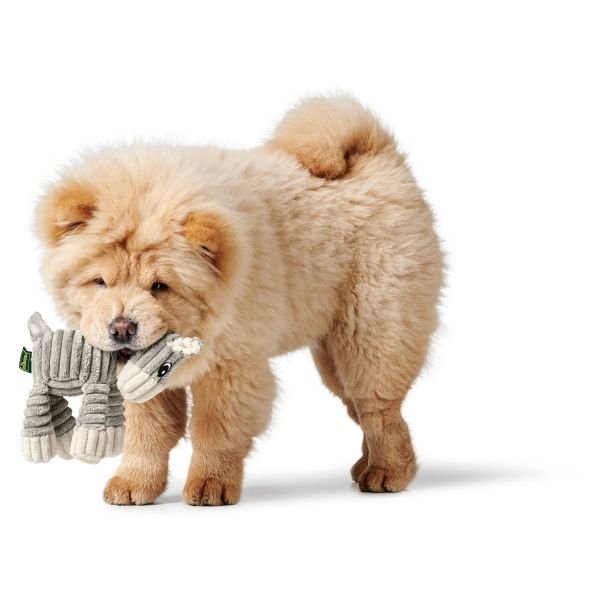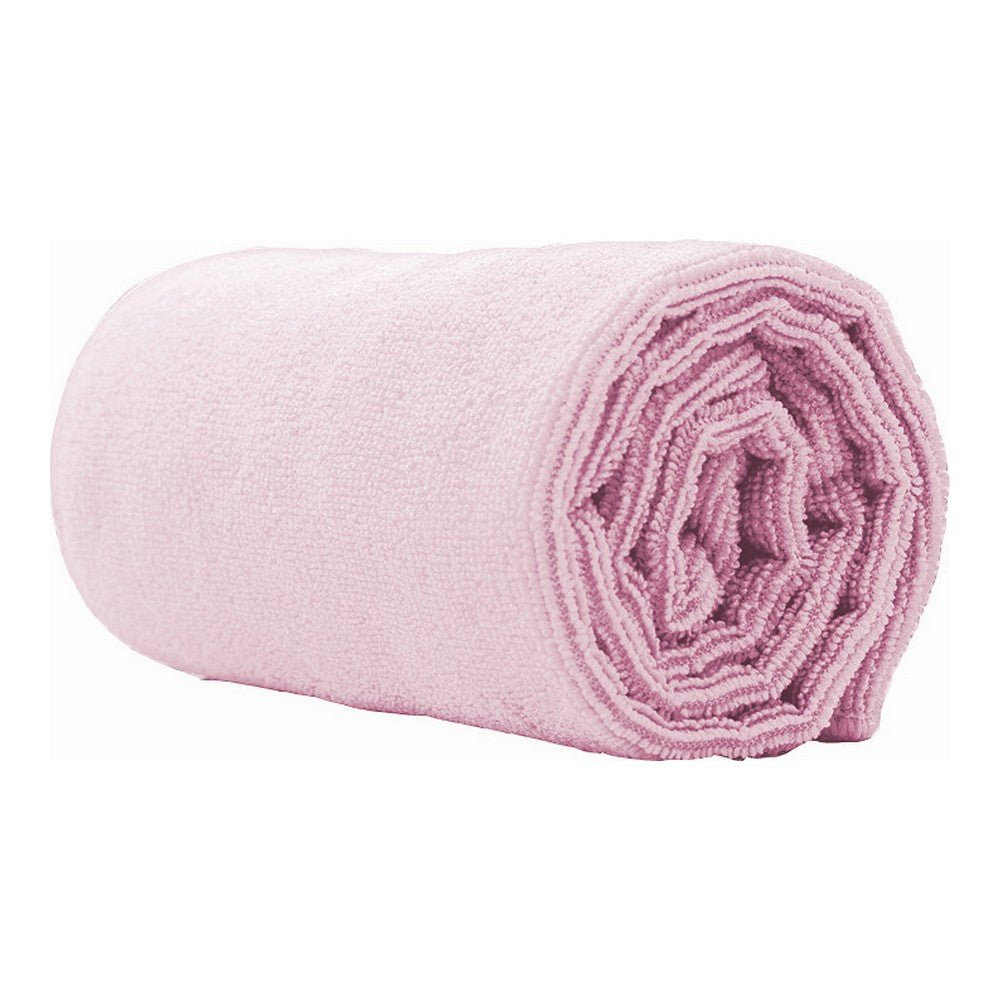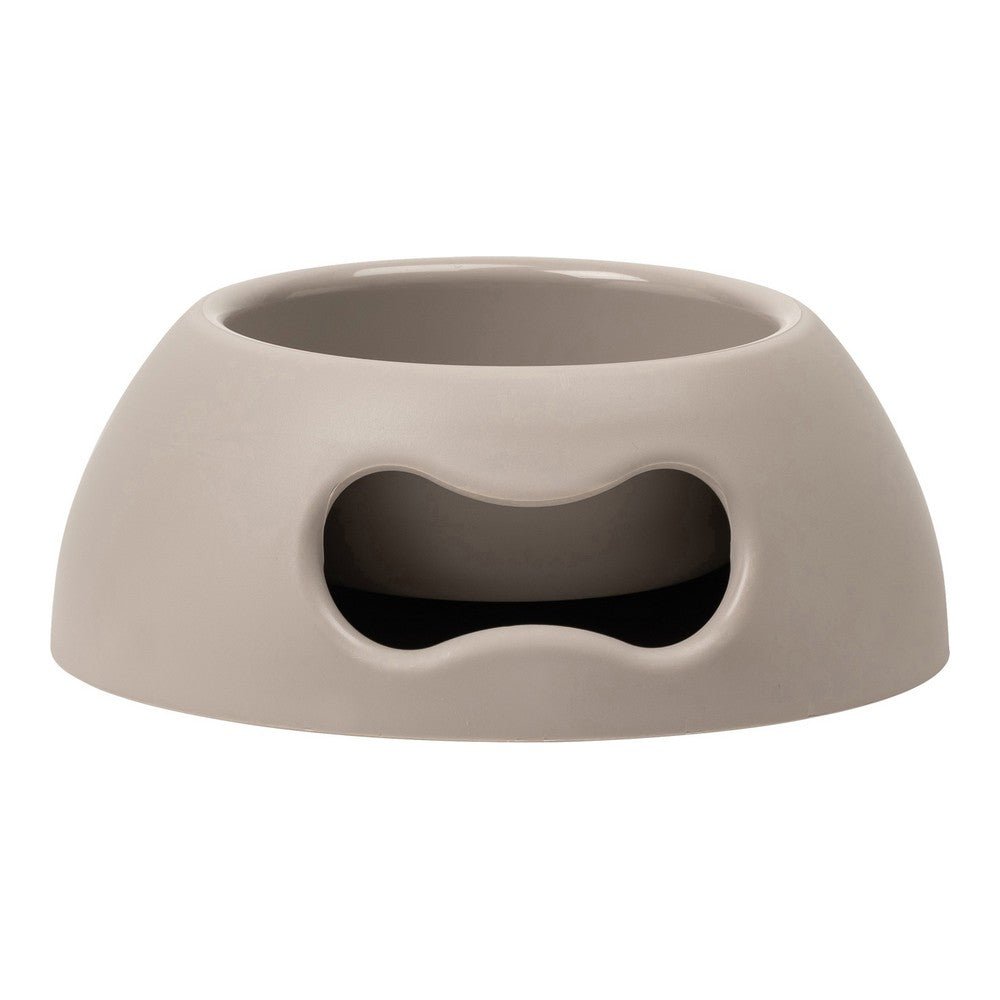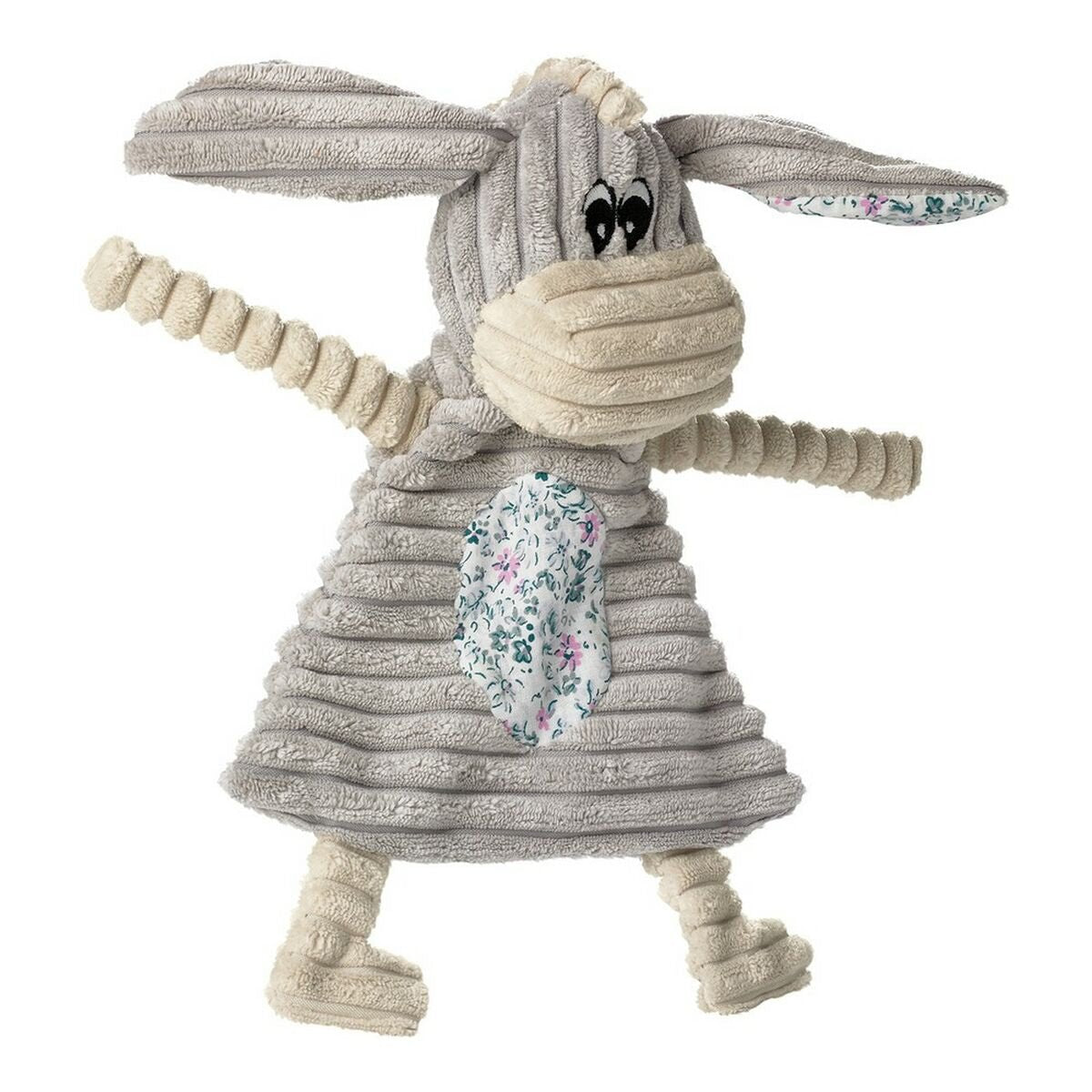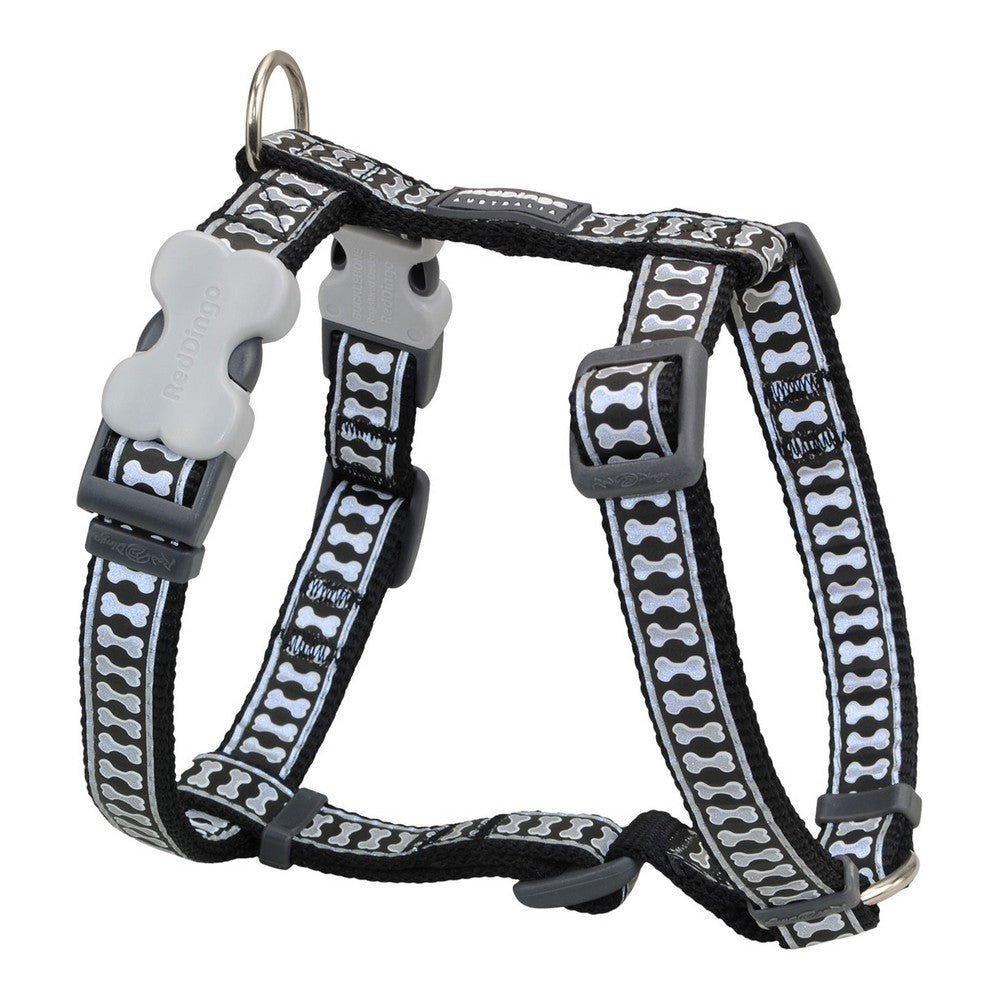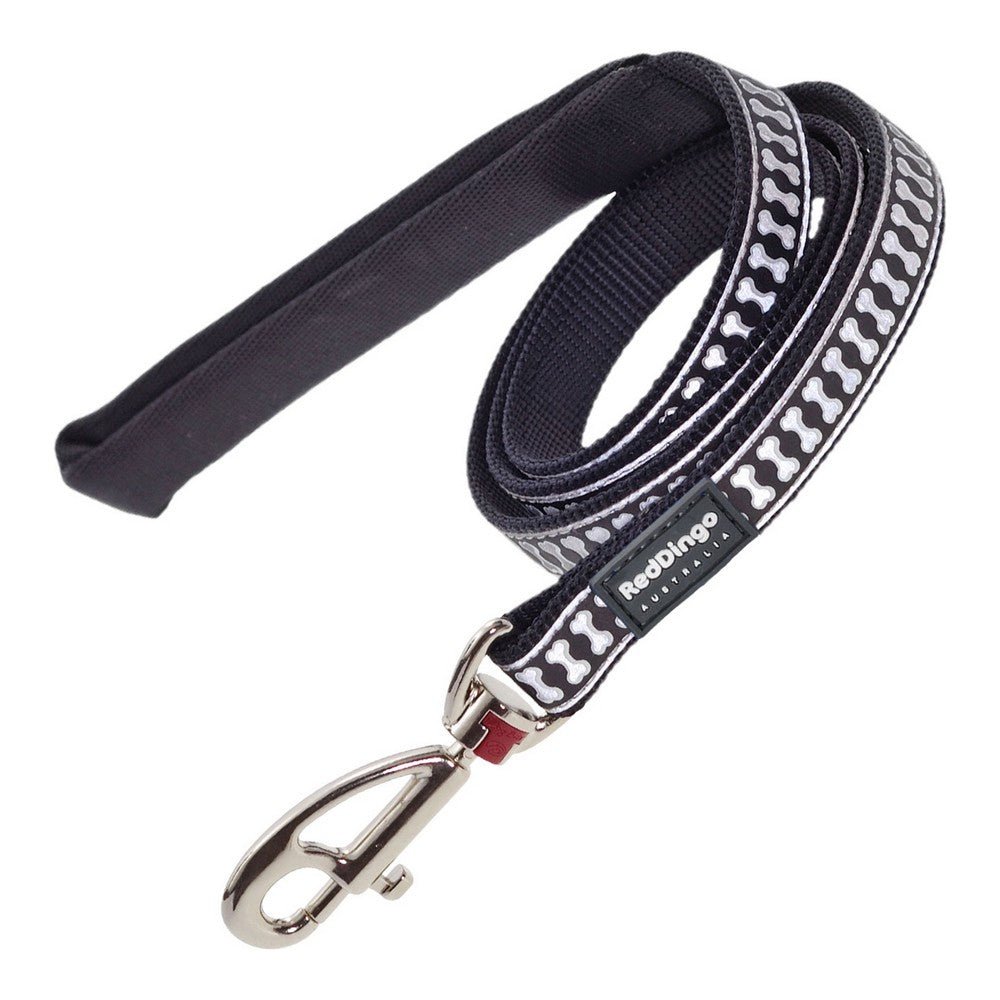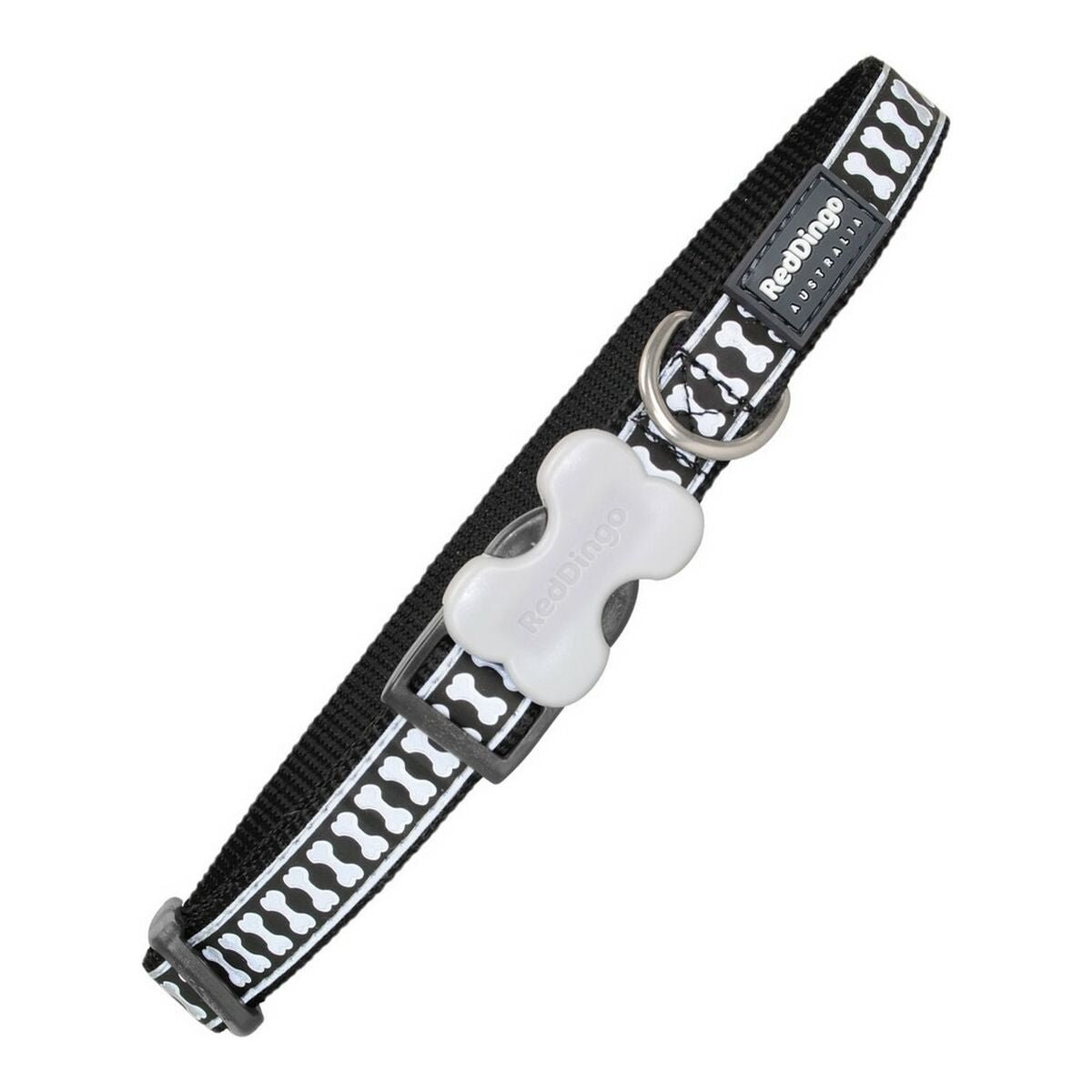If you are a new dog owner, you may have already noticed how sharp a puppy's milk teeth can be! The little crab is not shy about using them, especially when the first teeth start to fall out. Teething can bring a number of challenges, but with the right knowledge and patience, you can help your puppy through this important phase of life.
-
When do puppies change teeth?
From around 4 months of age, your puppy can start to lose its baby teeth to make way for the permanent teeth. During this period, you may notice that the puppy has an increased need to gnaw on everything from toys to your favorite shoes. -
How many teeth does a puppy and an adult dog have?
A puppy starts life with 28 milk teeth. But when the dog gets older, these are replaced by 42 permanent teeth. To ensure that your pet's bite develops correctly, it is important to keep an eye on baby teeth during this transition period. -
Patience is the key.
As your puppy goes through this stage, it can find new objects to chew on. It could be your shoes, furniture or even your fingers! Here, you as the owner need to show both understanding and patience. -
Symptoms to watch out for.
Soreness in the mouth can lead to decreased appetite. If you notice that your puppy is eating less or seems uncomfortable when chewing, you can try serving softer food during this period. -
Exercises to check the puppy's mouth.
Many puppies are used to having someone poke their mouth. By systematically training and rewarding your puppy, you can make the dental invitation a positive experience for both of you. -
Take care of your puppy's teeth properly.
Good dental health is important throughout the dog's life. By starting to brush your puppy's teeth early, you can ensure lifelong good dental health.
Teething can be a challenging time for both the puppy and you as the owner. But with the right knowledge, tools and patience, you can help your puppy have a smooth transition to his new permanent teeth. And don't forget, if you're ever concerned about your puppy's dental health, don't hesitate to consult your local vet!




